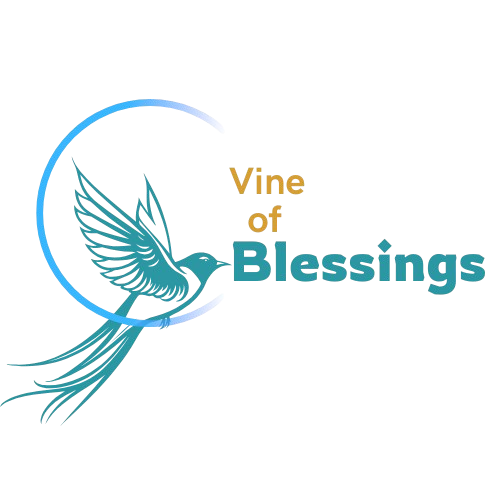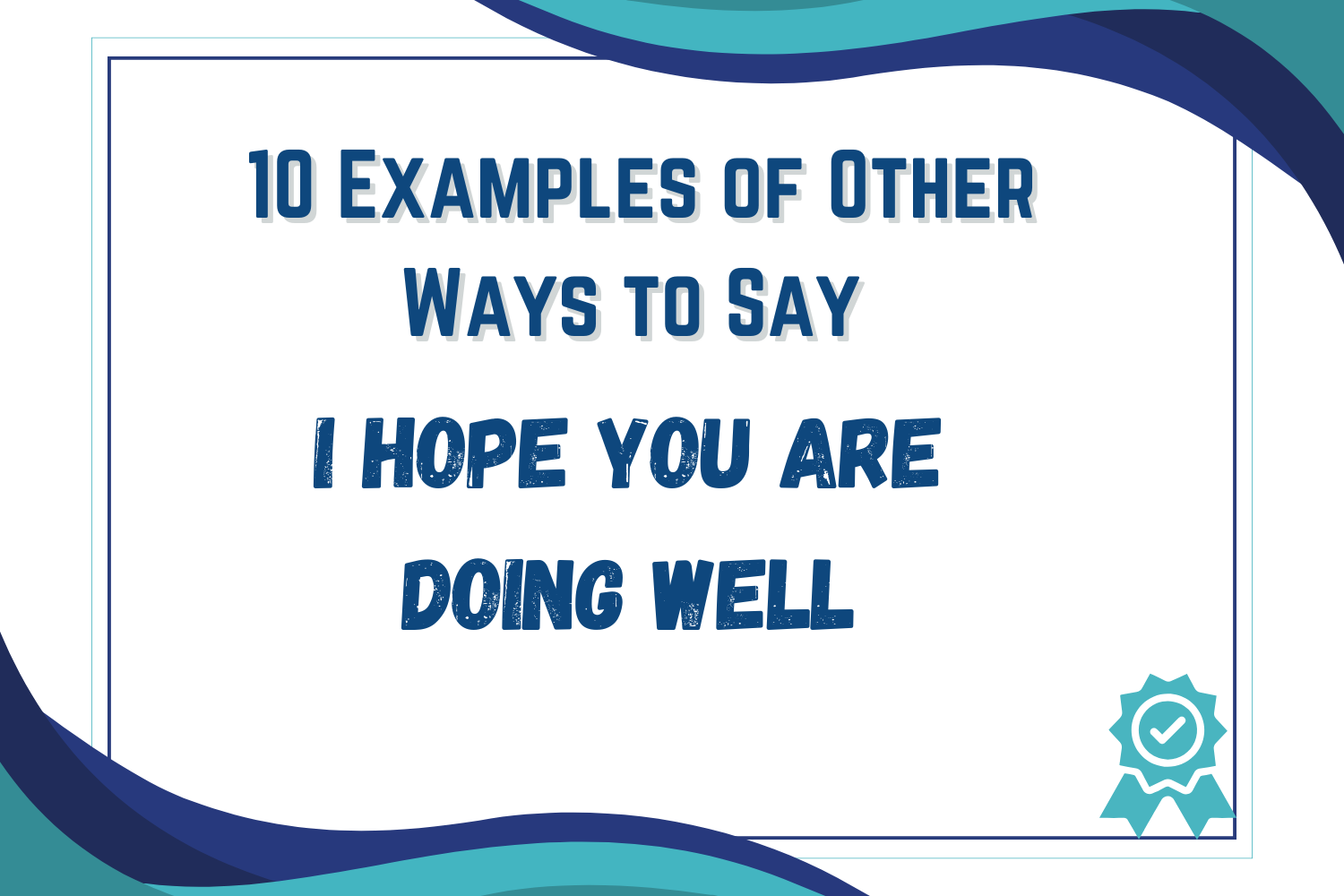Effective communication requires more than just polite phrases—it demands context, cultural sensitivity, and clarity. This guide offers insightful alternatives to the common phrase “I hope you are doing well,” helping professionals and language learners enhance their interactions.
So, what are other ways to say “I hope you are doing well”? Alternatives include “I trust this message finds you in good health,” “Wishing you a productive week,” and “I hope all is well with you.” These phrases adapt to different tones, audiences, and contexts, ensuring your communication remains engaging and appropriate.
Read on to explore detailed examples, practical tips, and cultural considerations to refine your language skills and connect more effectively.
Why Diversify Your Phrasing?
Using varied expressions enriches your communication, making it more engaging and tailored to the recipient. Whether in a professional email or a casual conversation, the right choice of words can convey respect, empathy, or friendliness, depending on the context.
Different Scenarios and Alternatives
Professional Email Opening
Example: “I trust this message finds you in good health.”
Description: This formal expression conveys respect and positivity, often used in business correspondence. It maintains a professional tone while showing courtesy, making it suitable for clients or colleagues.
Checking in on a Team Member
Example: “I hope everything is going smoothly on your end.”
Description: This phrase is empathetic yet professional. It shows genuine interest in their well-being without being overly personal. It also opens the door for them to share any updates or concerns.
Starting a Conversation with a Friend
Example: “I’ve been thinking about you—how have you been?”
Description: This casual and personal approach expresses genuine care. It invites a meaningful conversation by allowing the friend to share how they are doing, strengthening your connection.
Following Up with a Client
Example: “I hope this week has been productive for you.”
Description: This phrase maintains a business-focused tone while showing interest in their progress. It’s a polite way to start an email without sounding repetitive or generic.
In a Cross-Cultural Context
Example: “I hope things are going well for you and your family.”
Description: This phrase is culturally sensitive, especially in regions where family well-being is paramount. It demonstrates respect for their personal life, which can build stronger relationships in international communications.
Professional Settings:
- “I trust you’re having a productive week.”
Ideal for a colleague or client, conveying professionalism and positivity. - “I hope this message finds you well.”
A standard yet formal opening suitable for any professional email. - “I hope everything is on track for you.”
Works well when following up on projects or tasks. - “Wishing you continued success.”
Polite and encouraging, especially for congratulatory messages. - “I hope all is progressing smoothly on your end.”
Shows interest in their work or projects without being overly personal.
Casual Conversations:
- “How have you been lately?”
Engaging and conversational, ideal for catching up with friends or colleagues. - “Hope everything’s going great with you!”
Warm and friendly, perfect for informal emails or texts. - “Just wanted to check in and see how you’re doing.”
Shows care and interest without sounding too formal. - “I hope life’s treating you well.”
A casual yet thoughtful way to open a conversation. - “What’s new with you?”
Invites a more open-ended response, suitable for friends or close contacts.
For Formal or Written Communication:
- “I hope this correspondence reaches you in good spirits.”
Elegant and formal, often used in traditional business letters. - “Wishing you well in all your endeavors.”
Suitable for written notes or professional emails. - “I hope your day is off to a great start.”
Polite and uplifting, perfect for morning communications. - “I trust you are in good health and high spirits.”
Classic and formal, commonly used in international or official contexts. - “I hope this note finds you in good standing.”
A formal option that conveys respect and courtesy.
Cross-Cultural Considerations:
- “I hope everything is going well for you and your loved ones.”
Acknowledges family importance, common in many cultures. - “I trust you’re finding balance and peace.”
Neutral and respectful, especially in cultures that value well-being beyond productivity. - “Wishing you strength and positivity.”
Avoids assumptions about circumstances while remaining encouraging.
Tips for Concise and Effective Communication
1. Adapt to the Relationship
Tailor your language to suit the relationship. Formal expressions work best in professional settings, while casual phrases are more appropriate for friends or close colleagues.
2. Keep It Brief but Genuine
Avoid overly long introductions. A concise, thoughtful opening sets a positive tone without overwhelming the recipient.
3. Consider Cultural Norms
Different cultures value different levels of formality. In some cultures, starting with a personal inquiry is essential, while in others, it might seem intrusive.
Additional Tips for Language Learners
- Practice Common Alternatives: Build a list of phrases like “I trust you’re well” or “Hope you’ve had a good week” to expand your vocabulary.
- Understand Tone and Context: Formality matters. Practice distinguishing between professional and casual scenarios.
- Avoid Direct Translations: Some phrases lose their meaning when translated. Focus on the sentiment rather than the exact words.
Conclusion
Diversifying how you say “I hope you are doing well” enhances both personal and professional communications. By selecting the right alternative for each context, you convey genuine interest and respect. Remember to consider tone, relationship, and cultural nuances to ensure your message resonates effectively.
Which phrases resonate most with you? Share your thoughts or favorite alternatives below!




